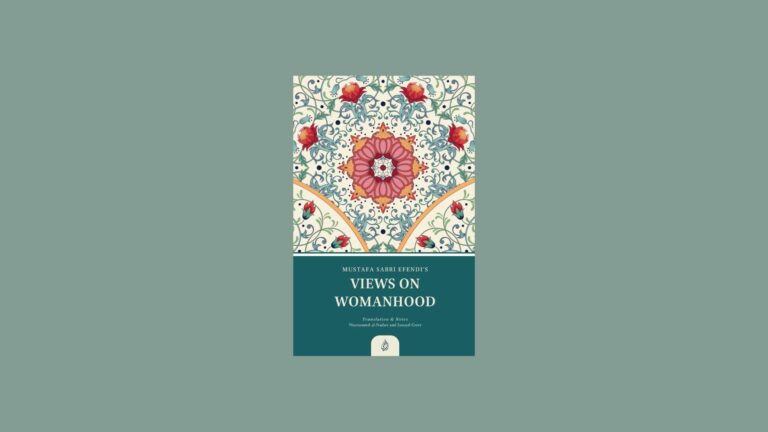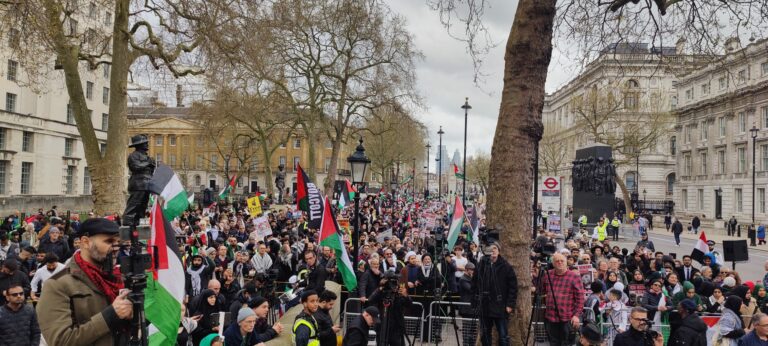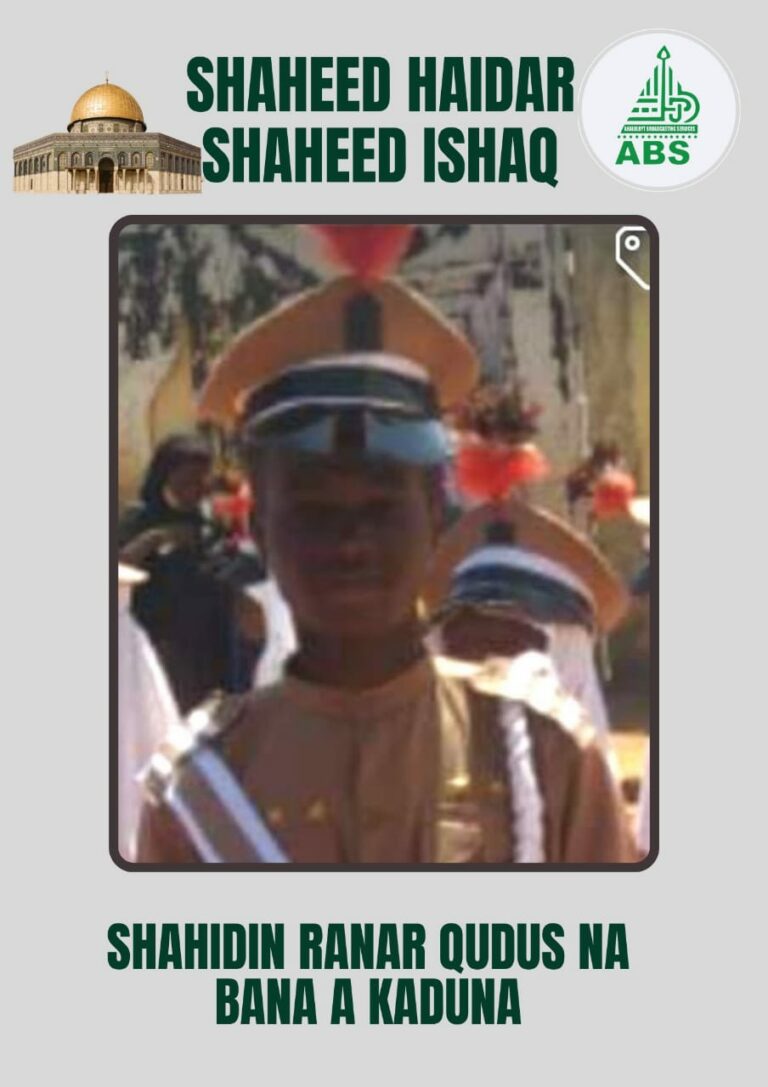Mahinur Ozdemir, a 26-year-old political science graduate was sworn in as a member of parliament in Brussels for the Humanist Democratic Centre, formerly the Francophone Christian Democrat party – wearing a Muslim headscarf, Belgian and Turkish media reported.
An attempt by the Liberal Party to introduce an amendment banning the wearing of religious symbols in parliament failed.
“Unfortunately, I have been reduced to nothing more than this scarf, and frankly it is hard to remove yourself from it,” media reports quoted Ozdemir, who is of Turkish descent, as saying. “Underneath this veil there is a personality, there is someone who is engaged, who wants things to change, who wants to move forward and execute lots of projects for the people of Brussels.”
She said she intended continuing to wear the headscarf during her term in parliament.
Expatica.com said that in Antwerp, the wearing of headscarves and other religious symbols would be banned from the new term beginning in September 2009.
In France, which has seen continuing controversy about the wearing of headscarves – forbidden by the ban on religious symbols in schools – president Nicolas Sarkozy took a strong line on June 22, saying that the burqa was not a religious symbol but a “symbol of servitude and humiliation”.
Sarkozy told the national assembly that the burqa was not welcome on French soil.
Bulgaria has seen its own controversies involving headscarves.
On June 2 2009, Turkish daily Yeni Safak said that the Bulgarian consulate in Istanbul had refused to process a visa application from a woman, Selver Domnez, unless she submitted a photograph of herself without a headscarf, “even though she said she told Bulgarian officials that she has a covered photo in her passport and she has been covering her hair for years,” the newspaper said.
Domnez had a new photograph taken so that she could get a visa to visit her parents in Bulgaria, from where she immigrated to Turkey more than 40 years ago.
In Bulgaria in 2006, two schoolgirls from Smolyan caused controversy by wanting to wear headscarves at school. Their appeal to Parliament’s committee on discrimination was rejected.
At the time, Education Minister Daniel Vulchev said that wearing of such religious symbols went against regulations that Bulgarian schools are secular.
In 2003, Balkan Insight said, Plovdiv resident Nurdzhan Georgieva, who went from Christianity to Islam, was refused permission to be photographed for her Bulgarian national identity card wearing a headscarf. Georgieva complained to the European Court of Human Rights in Strasbourg but withdrew her appeal.







